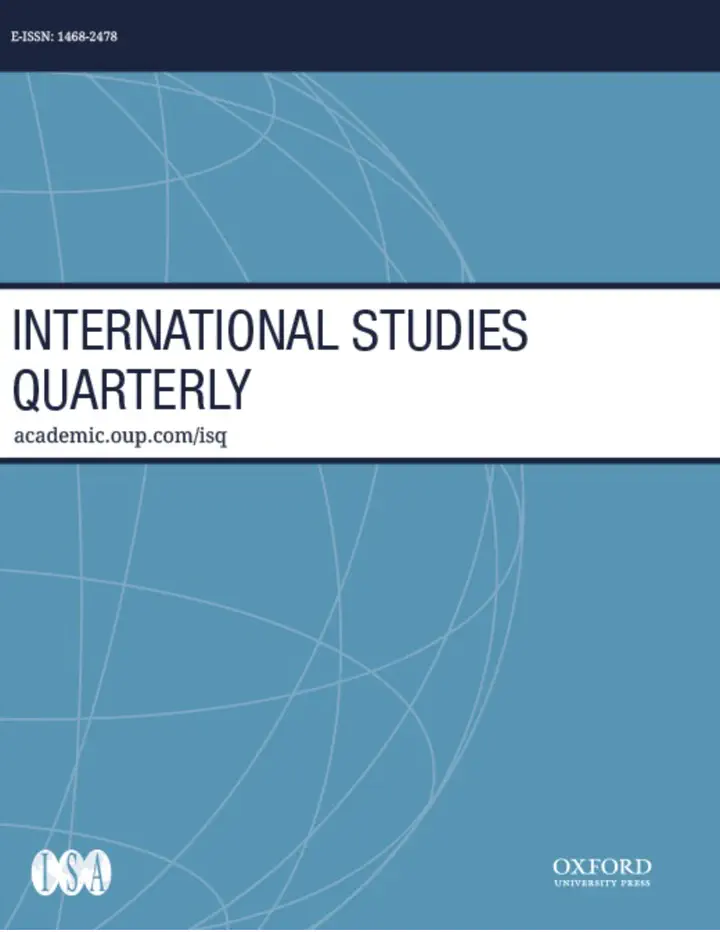 Image credit: ISQ
Image credit: ISQ
Abstract
Sanctions are among the most frequently used foreign policy tools to address human rights violations, but they can be highly politicized. Since the early 2000s, human rights sanctions have been increasingly triggered by standardized rankings of states’ performances. While research on economic statecraft suggests that coercive measures based on cross-national assessments may be less influenced by strategic considerations, scholarship on rankings highlights how standardized performance indicators can also be political. This paper investigates whether sanctions based on standardized human rights assessments are also influenced by senders’ strategic political and economic interests. Empirically, we examine the case of United States human trafficking sanctions that combines universal rankings in the first stage and country-specific sanctions waivers in the second. The analysis leverages novel data on all Trafficking in Persons (TIP) rankings by the US State Department and presidential sanctions waivers from 2003 to 2018. Despite the TIP report’s reputation as a reliable indicator, we find that both stages in the process of imposing human trafficking sanctions are driven by strategic attempts to minimize the economic and political costs of sanctions for the US. These findings have broader implications for the reputation and effectiveness of other human rights rankings by the US.
Supplementary notes can be added here, including code, math, and images.